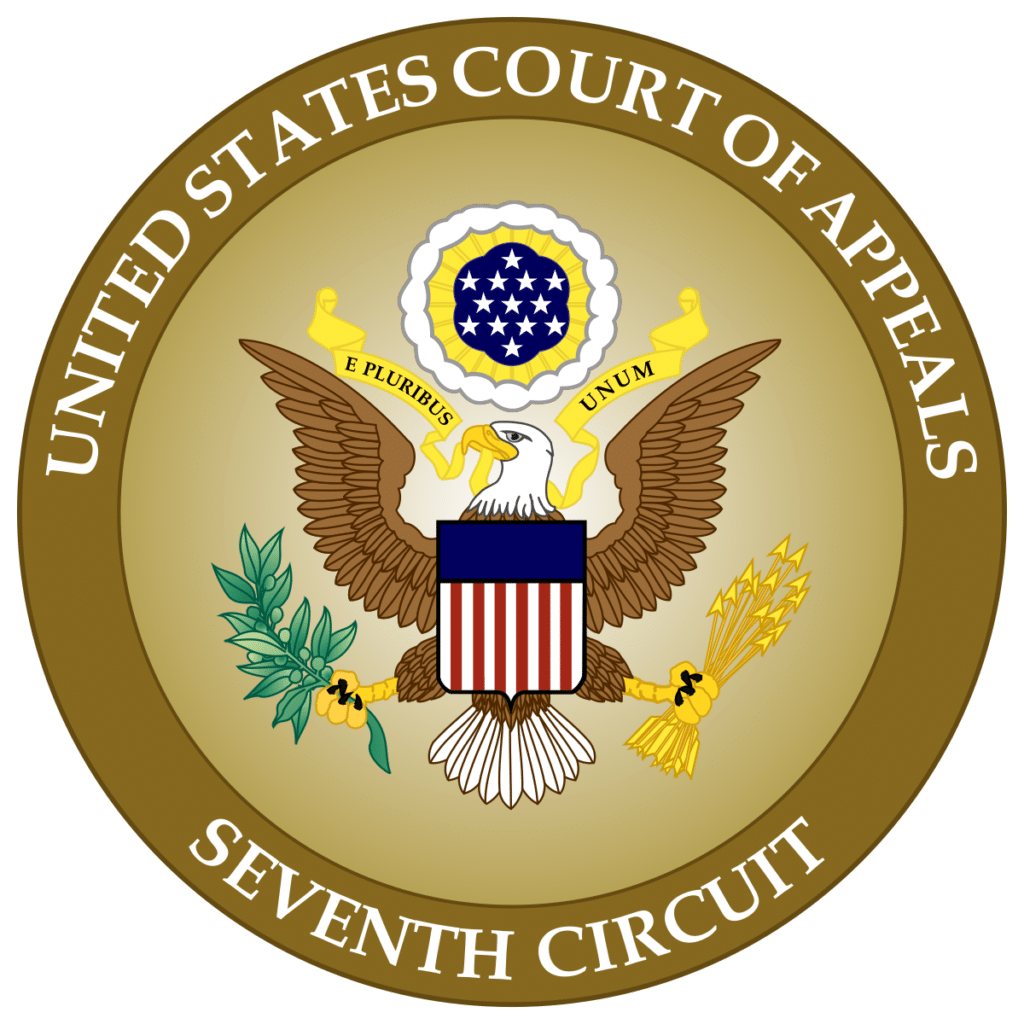Appendices
While appeals are based mostly on the briefing and the record (the typed word-for-word transcript of the trial testimony and exhibits), there are numerous pleadings, motions and papers filed in the course of a trial. Obviously, some of these materials need to be relied on and cited to in the briefing. Thus, an Appellant makes an Appendix in a civil appeal to present the Court with copies of those parts of same that are necessary for the Court to decide the issues. This noted, any party’s failure to include any item in an Appendix does not waive any issue or argument.
Three “Documents” the Court of Appeals Considers in Deciding a Case.
With civil appeals, the Appellant’s Appendix must contain a table of contents and copies of the following documents if they exist: (a) the chronological case summary for the trial court; (b) the appealed order or judgment, including any written opinion, memorandum of decision, or findings of fact and conclusions of law related to the issues raised on appeal; (c) the jury verdict, if any, (d) any jury instruction not included in the appellant’s brief, when the error is predicated upon the giving or refusing to give the instruction; (f) pleadings and other documents from the Clerk’s Record in chronological order that are necessary for resolution of the issues raised on appeal; (g) any other short experts from the Record on Appeal, in chronological order that are necessary for resolution of the issues raised on appeal; and (h)any record material relied on in the brief unless the material is already included in the Transcript. This noted, the attorney preparing the Appendix must verify under penalty of perjury that the documents in the Appendix are accurate copies of the parts of the Record on Appeal.
Normally, the Appellee relies upon the Appellant’s Appendix. Specifically, the Appellant’s Appendix should not contain any materials already contained in the appellant’s Appendix, unless necessary for completeness or context. However, the Appellee’s Appendix may contain additional items that are relevant to the issues on appeal. The Appellee’s Appendix must also be verified.
With a criminal appeal, the Appellant’s Appendix (i.e., assembled by the criminal defendant’s counsel or the State) must contain a table of contents and copies of the following documents, if they exist: (a) the Clerk’s Record, including the chronological case summary; (b) any jury instruction not included in appellant’s brief when error is predicated on the giving or refusing of the instruction; (d) any other short excerpts from the Record on Appeal, in chronological order, such as pertinent pictures, that are important to a consideration of the issues raised on appeal; (e ) any record material relied on in the brief unless the material is already included in the Transcript. Again, the attorney preparing the Appendix must verify under penalty of perjury that the documents in the Appendix are accurate copies of the parts of the Record on Appeal.
In criminal cases, normally the State is the Appellee and is represented by the Indiana Attorney General. Whoever is preparing the Appellee’s Appendix should not include any materials already contained in the Appellant’s Appendix, unless necessary for completeness or context. The Appendix may contain additional items that are relevant to issues raised on appeal. The Appellee’s Appendix must also be verified.
There are a number of technical requirements for any Appendix as well as rules governing form and assembly. An Appendix is a key component of any appeal and taking time and giving attention to detail for completeness is necessary to properly compile a comprehensive Appendix. Indeed, an Appendix may have the very pleading, motion, or paper contained in the Appendix that the appeal is based on. For instance, if an appeal is based on being denied due process by not being afforded a Motion to Continue, this and any memoranda supporting it, would have to be in the Appendix for the appeal to be properly decided.
Dixon & Moseley, P.C. appellate attorney spend considerable time determining what should be contained in a proper Appendix. Attention to detail allows for proper appellate advocacy and citation to documents the case may turn on. This is the detail and focus we would apply to your case.



[wpbr_collection id=”154″]
Please fill out the form below and we will be in touch with you shortly.

Call Now



Copyright © 2025 Dixon & Moseley, P.C., Attorneys at Law. All rights reserved. This Site does not provide legal advice; please review the disclaimer for other limitations. Privacy Policy
Based in Indianapolis and founded in 1995, Dixon & Moseley, P.C. is a niche law firm focused on successfully dealing with the complexities of divorce, high-conflict child custody and family law. Known for their ability to solve extremely complex situations with high quality work and responsiveness, Dixon & Moseley, P.C. will guide you every step of the way. The family law attorneys at Dixon & Moseley, P.C. will help you precisely identify your objectives and the means to reach your desired result. Life is uncertain. Be certain of your counsel. Indianapolis Divorce Attorneys, Dixon & Moseley, P.C.
Indianapolis Divorce Attorneys, Dixon & Moseley, P.C. of Indianapolis, Indiana, offers legal services for Indianapolis, Zionsville, Noblesville, Carmel, Avon, Anderson, Danville, Greenwood, Brownsburg, Geist, Fortville, McCordsville, Muncie, Greenfield, Westfield, Fort Wayne, Fishers, Bloomington, Lafayette, Marion County, Hamilton County, Hendricks County, Allen County, Delaware County, Morgan County, Hendricks County, Boone County, Vigo County, Johnson County, Hancock County, and Tippecanoe County, Indiana.